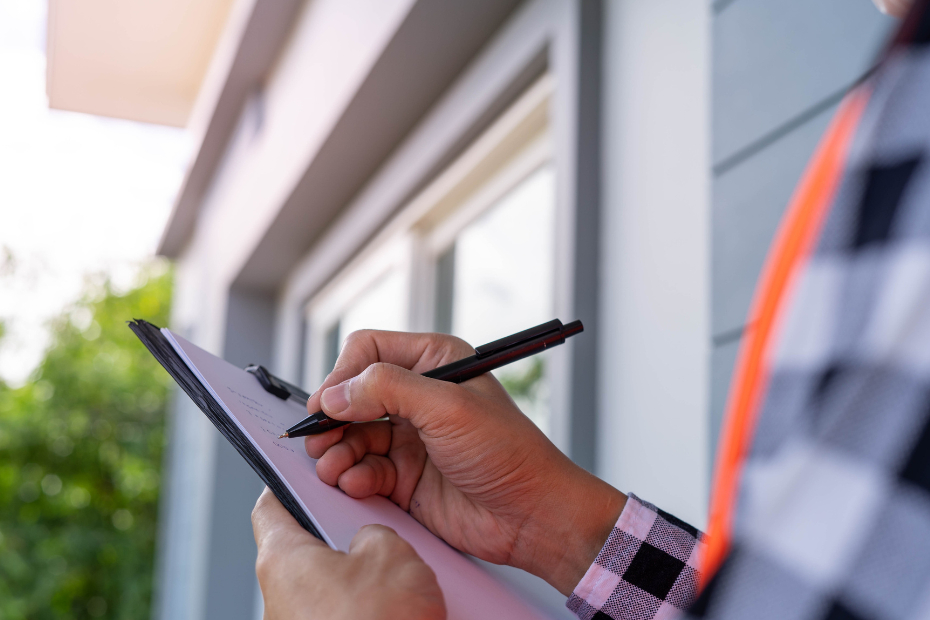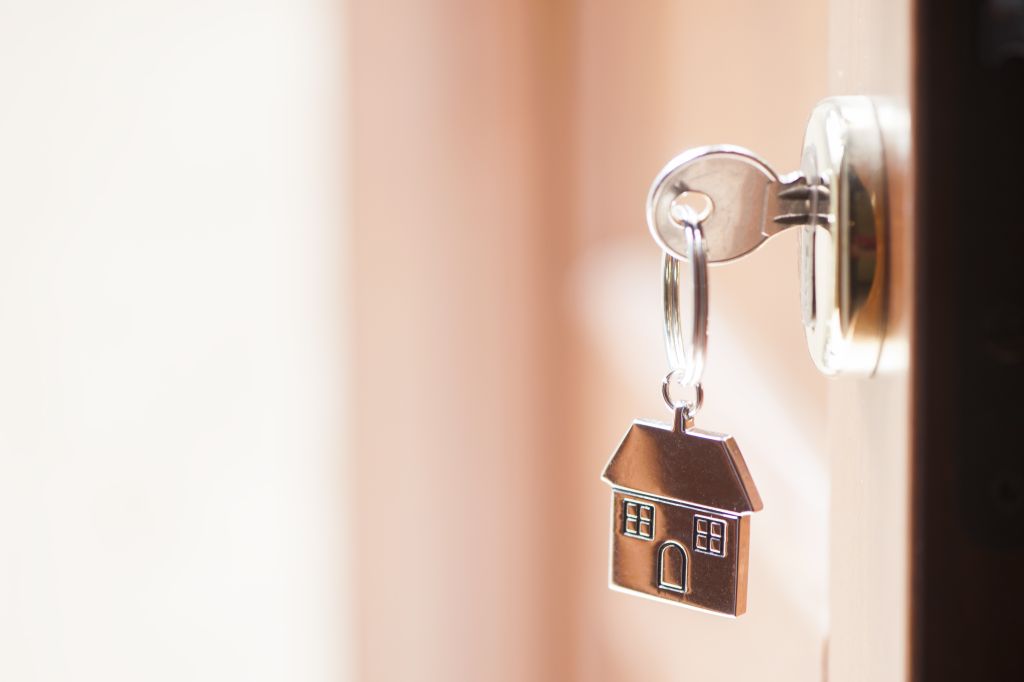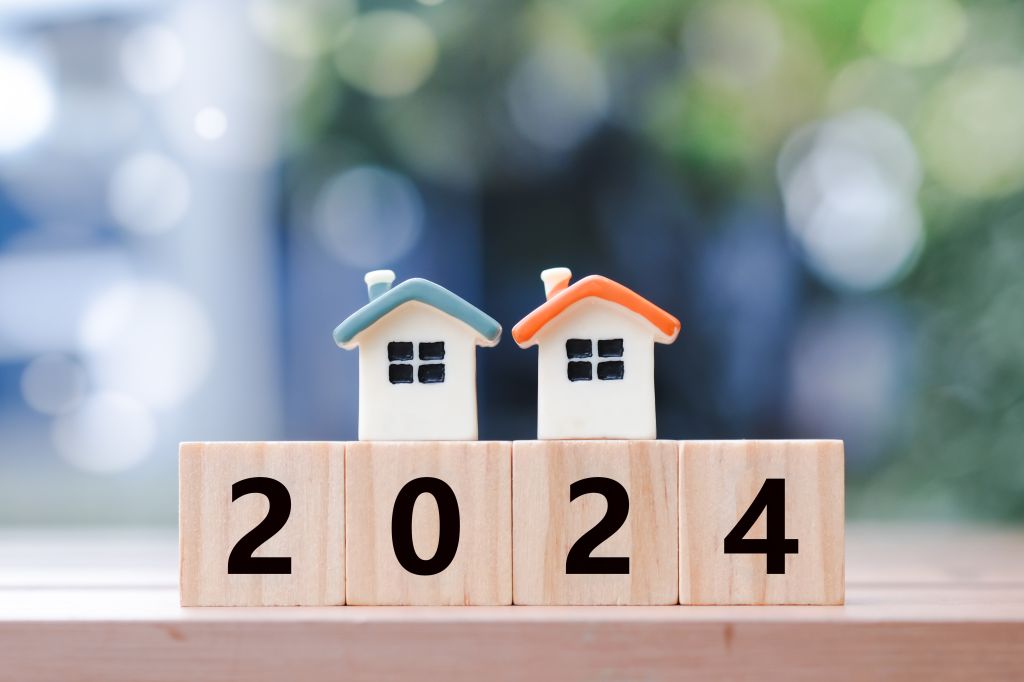Published July 14, 2023 • 3 Min Read
These days, home sellers have access to countless resources to make their property look as fantastic as possible when they put it on the market. They may give it a fresh coat of paint, rent the perfect artwork and bring in furniture from a staging company that fits each room just right. By making the home appealing for prospective buyers; however, they may also be distracting from issues that are easy to cover up with aesthetics.
A home inspector can get below the surface and reveal problems that aren’t visible from a casual walkthrough. Here are five reasons why hiring your own home inspector before you finalize a deal.
1. Get an overview of the condition of the home
A home inspector will examine the home from top to bottom, including heating/air conditioning, plumbing, insulation, roof, windows, foundation, electrical systems and more. You will get a detailed report of all their observations, which can help you determine if you’re satisfied with the condition of the property and willing to continue with your plan to purchase.
2. Understand major (and minor) issues
Most homebuyers lack the experience or expertise to assess a home’s structural or electrical aspects. And many major issues aren’t apparent to the naked eye. A qualified home inspector will thoroughly evaluate all systems and let you know if there may be trouble ahead.
3. Build negotiating power
Suppose your home inspector uncovers major issues, and you’re still willing to purchase the home in light of the defects. In that case, the inspection provides valuable leverage as you negotiate the price. You may be able to knock money off the asking amount if you need to replace or repair systems when you take ownership, like updating wiring or re-tiling the roof.
4. Feel safe and secure
If there are any safety hazards in the home, such as faulty electrical, inadequate ventilation or mould, a home inspection will identify these issues so you’re aware of them before you buy. Whether you need to upgrade, repair or replace these hazards — or you discover the home gets an A+ health report — you’ll know the home is safe before you move in.
5. Create a long-term maintenance plan
The key systems of a house don’t last forever. Even if the furnace and roof are up to par, eventually, you will need to replace them. A home inspector can help provide you with a timeline for system upgrades and suggest a maintenance schedule to keep things running smoothly.
Bonus tip: Always attend the home inspection in person. That way, you can ask your inspector questions and get explanations and information first-hand instead of waiting to read it in their report.
Getting a home inspection is a little like getting a health check-up, as you get a full assessment of the general condition of your home. Of course, it’s particularly valuable if you find issues that might cost you a lot of money down the road. But it’s also useful to find out that the home is healthy and running well, giving you peace of mind before you buy.
This article is intended as general information only and is not to be relied upon as constituting legal, financial or other professional advice. A professional advisor should be consulted regarding your specific situation. Information presented is believed to be factual and up-to-date but we do not guarantee its accuracy and it should not be regarded as a complete analysis of the subjects discussed. All expressions of opinion reflect the judgment of the authors as of the date of publication and are subject to change. No endorsement of any third parties or their advice, opinions, information, products or services is expressly given or implied by Royal Bank of Canada or any of its affiliates.
Share This Article






